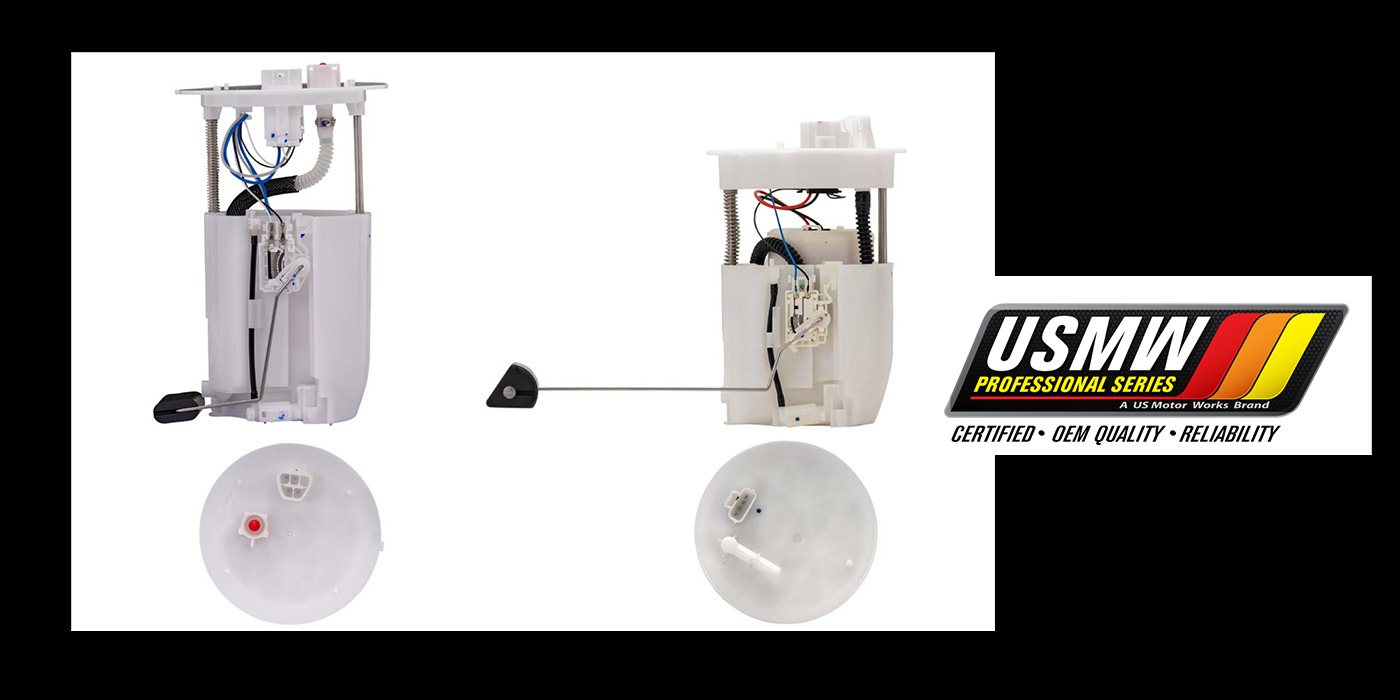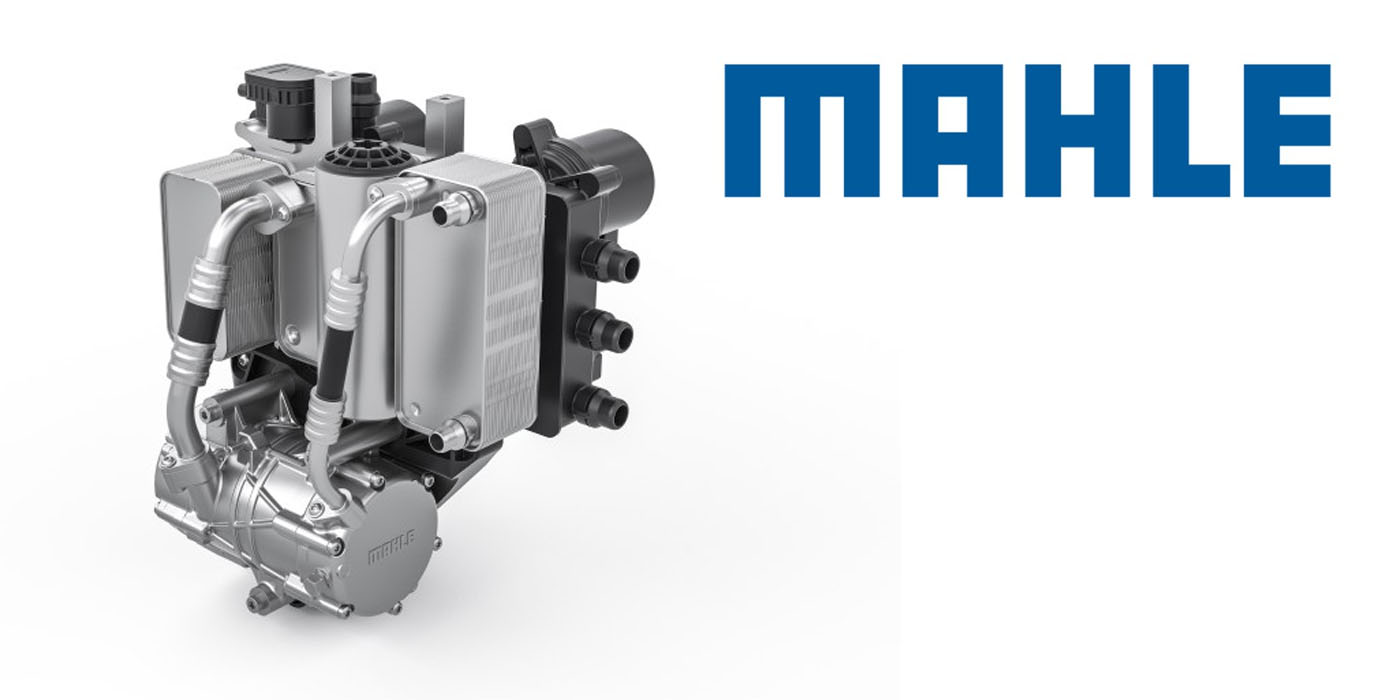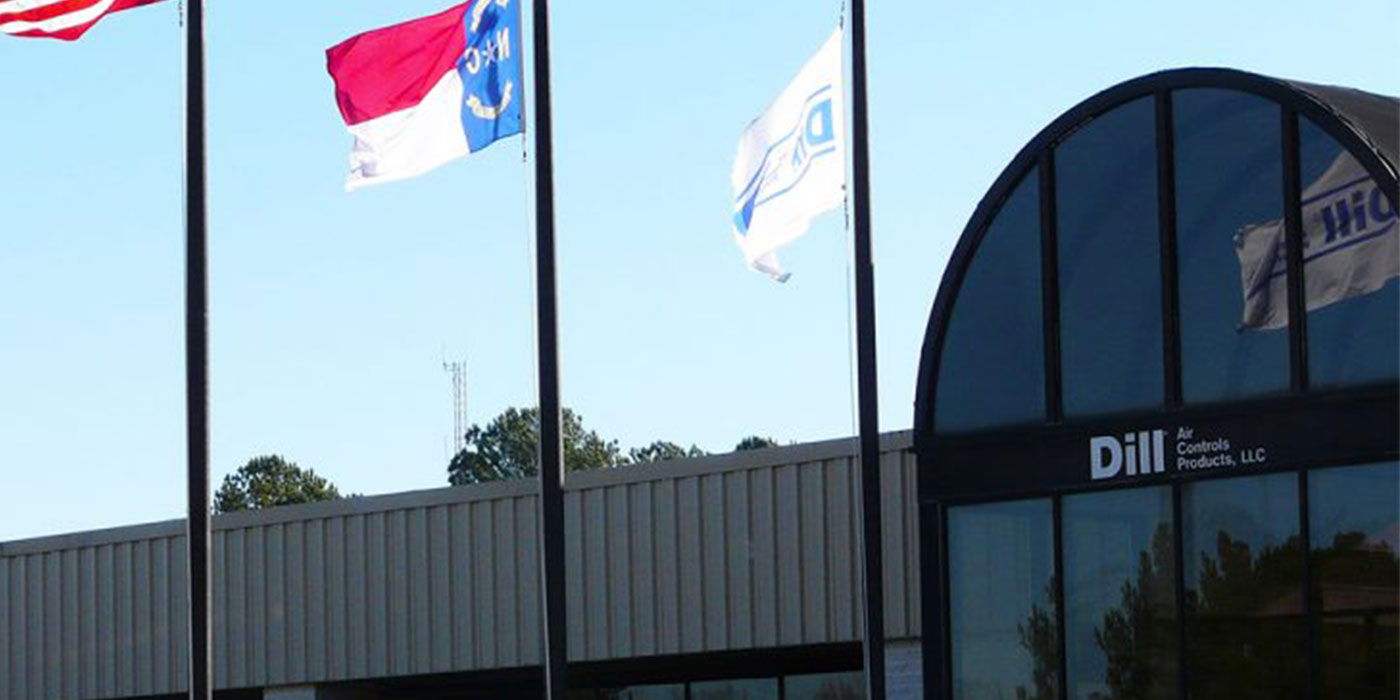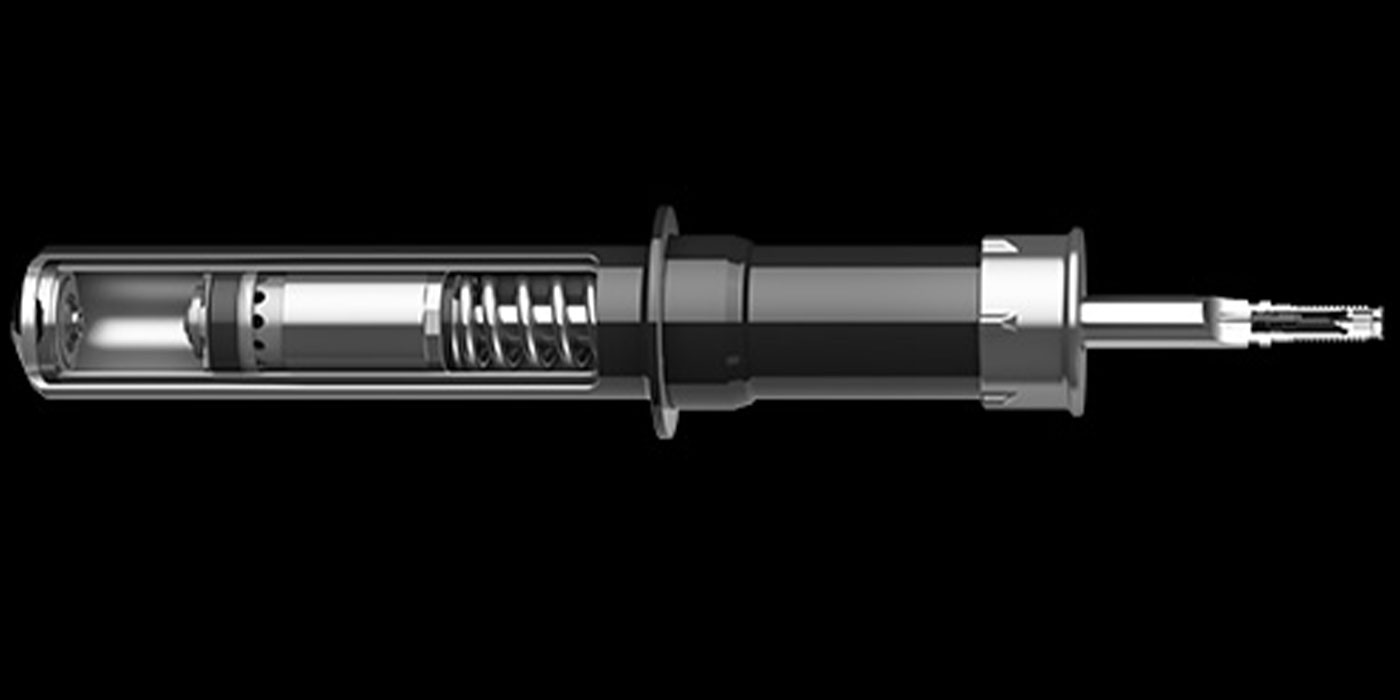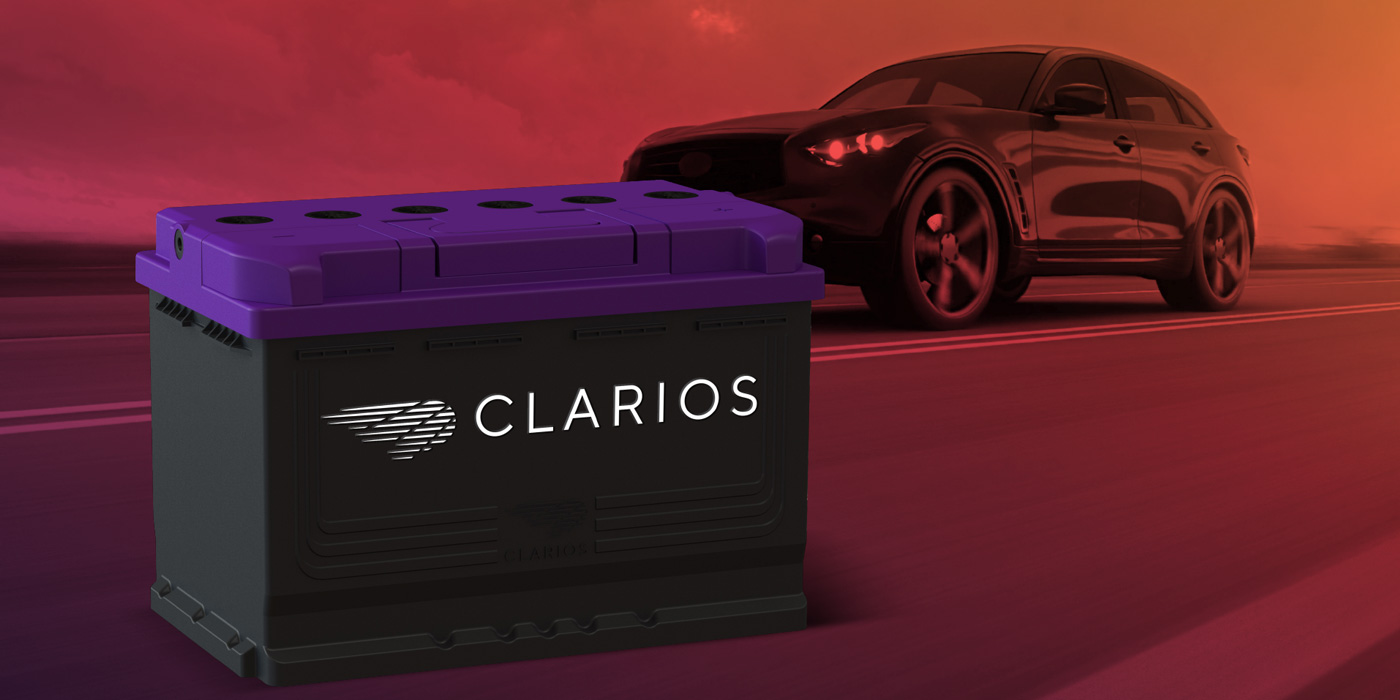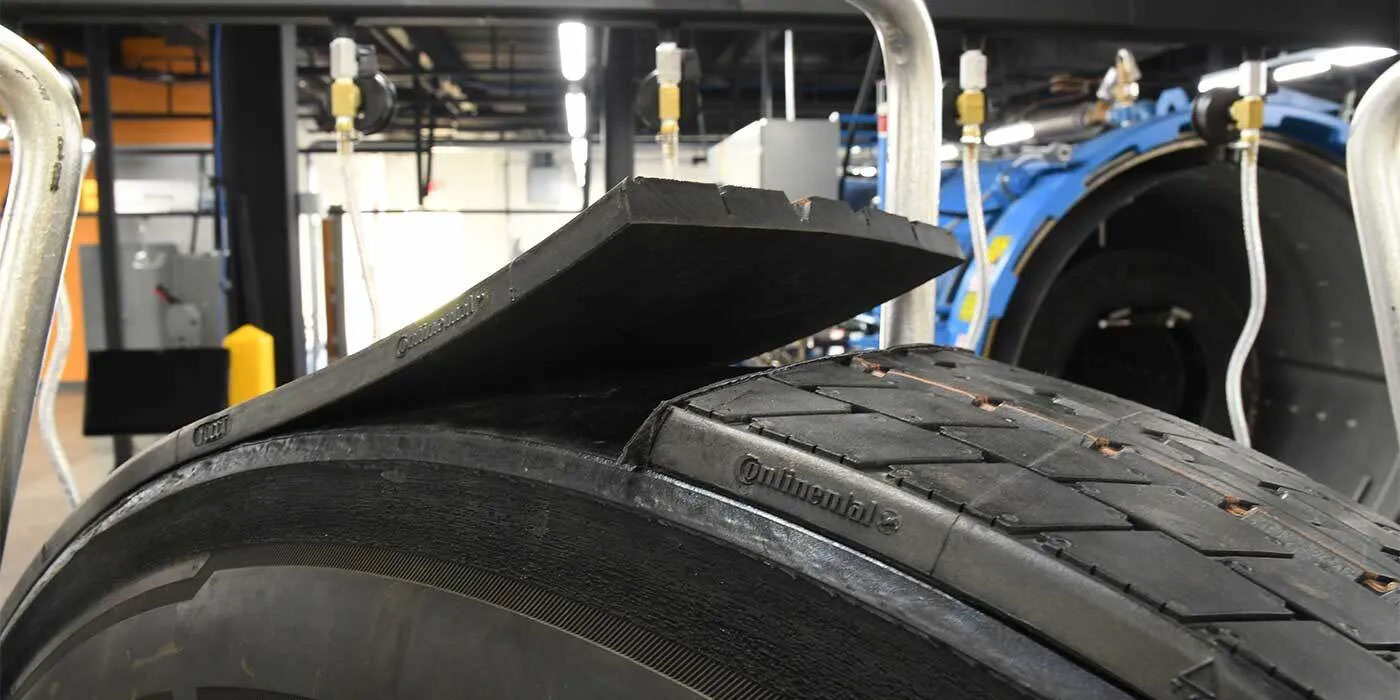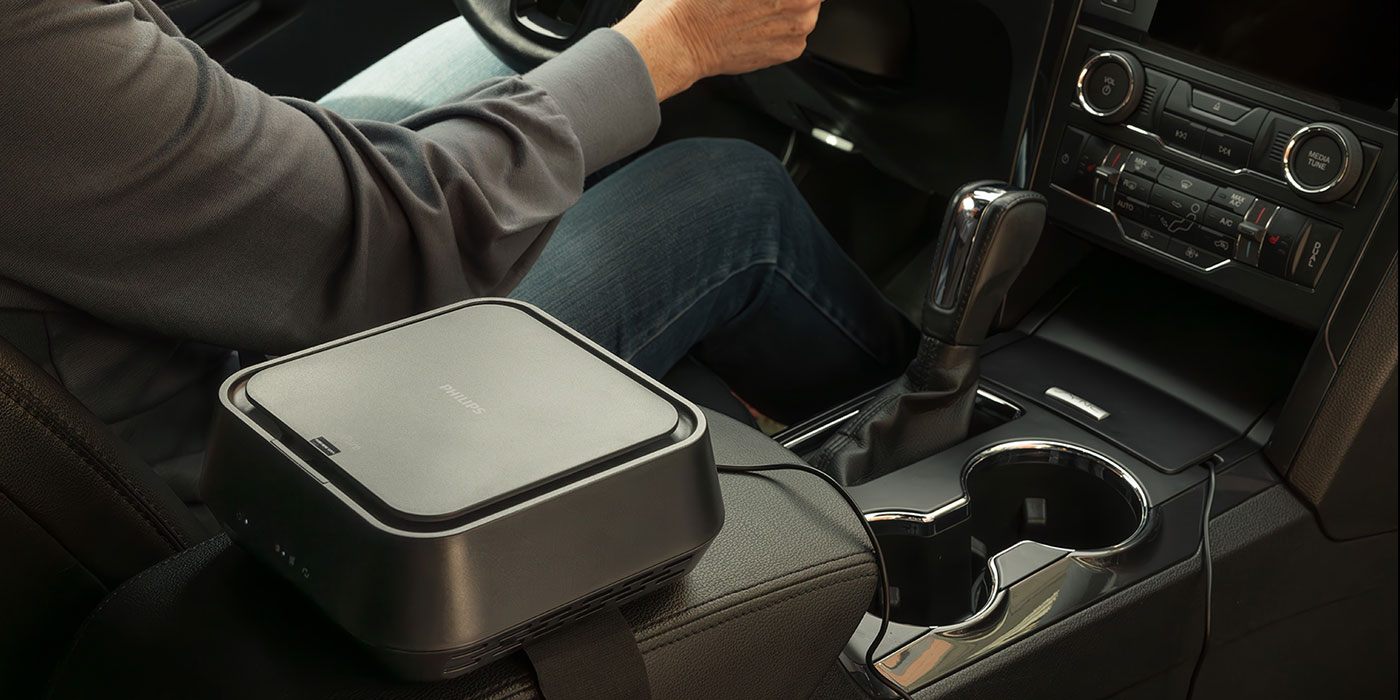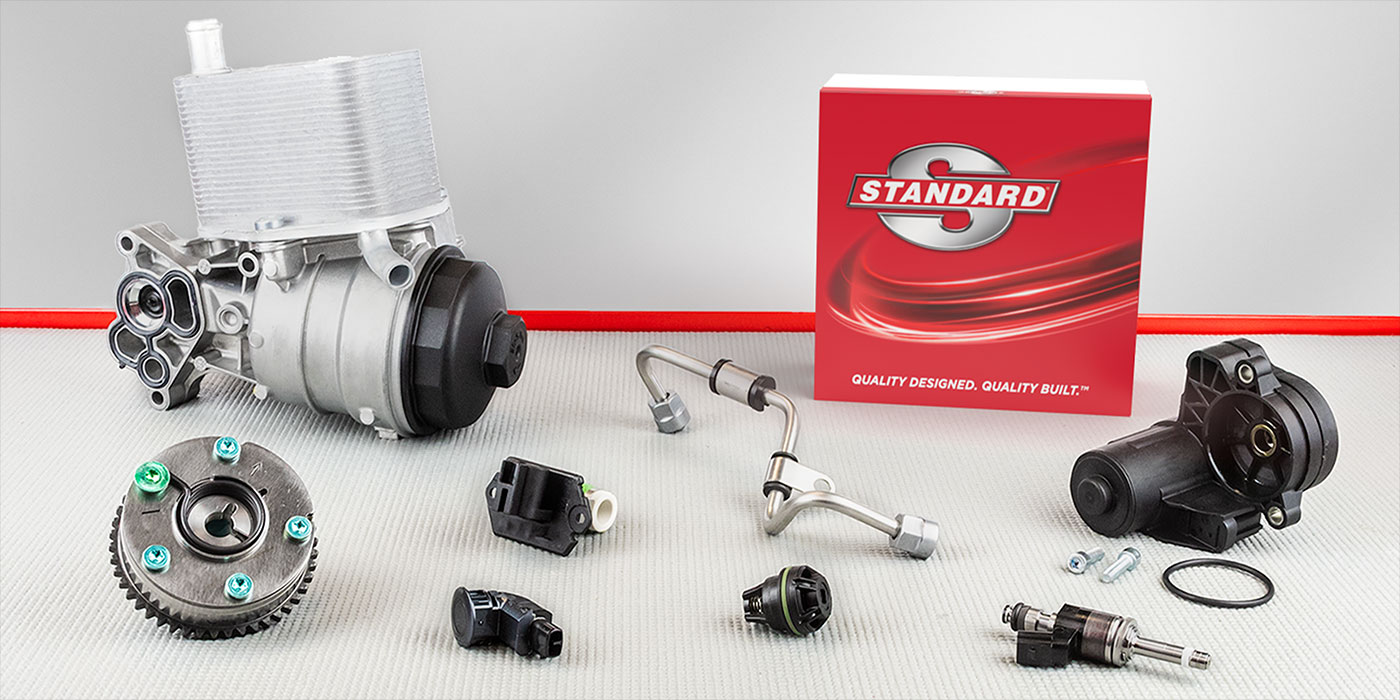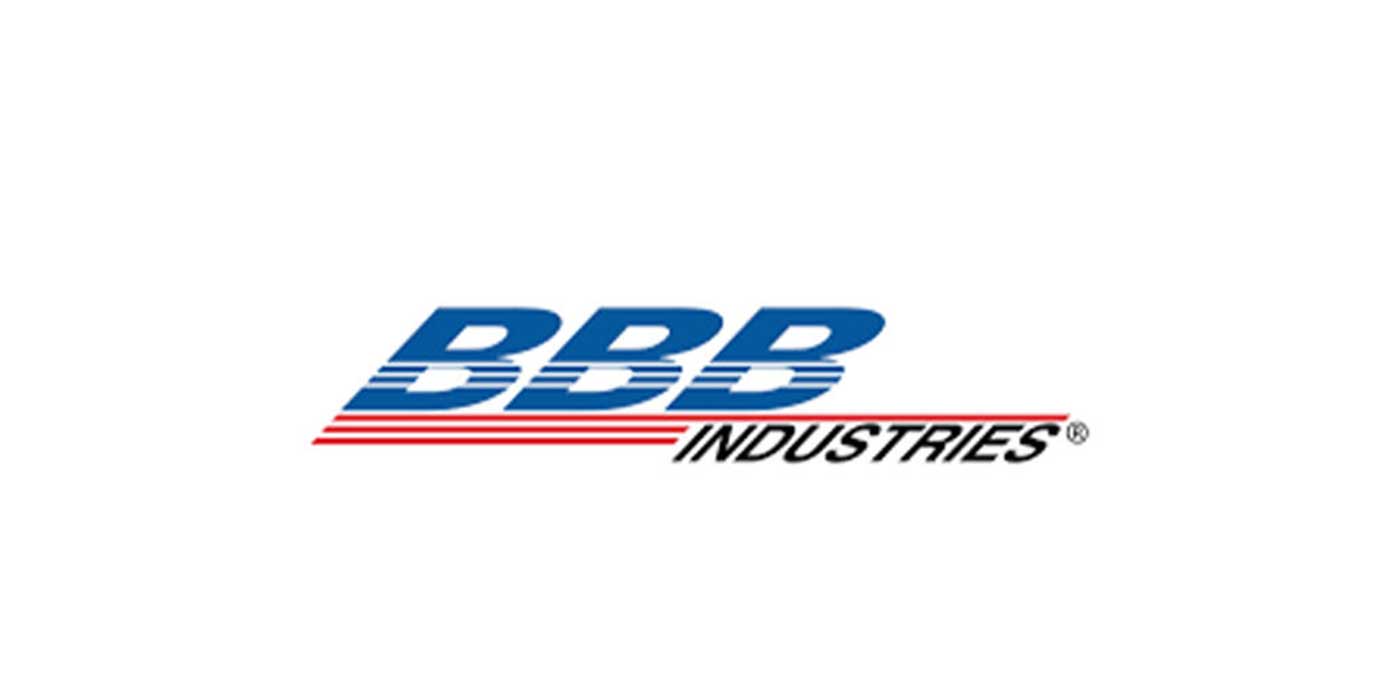MILWAUKEE — As a part of Wisconsin Governor Jim Doyle’s Clean Energy Wisconsin Plan, Johnson Controls-Saft was awarded a $500,000 Bio Energy Grant. The company was chosen for this grant due to its leadership in developing innovative, clean energy projects, specifically for the advanced technology R&D and commercialization efforts for lithium-ion hybrid vehicle batteries. The company’s Battery Technology Center in Milwaukee is one of the most sophisticated automotive battery research and development facilities in the United States.
The grant is part of a cost share program in which Johnson Controls-Saft will invest $500,000 and in turn receive $500,000 from the State of Wisconsin as an incentive for further innovation and advancement of the state’s clean energy agenda.
"We are extremely proud that our joint venture Johnson Controls-Saft is working with the state of Wisconsin on this project," said Johnson Controls Chairman and Chief Executive Officer Stephen Roell. "Wisconsin is establishing itself as a leader in the next generation of transportation and we look forward to partnering with the state to drive domestic competitiveness in sustainable mobility and making Wisconsin an important part of the new energy economy."
In March, Governor Doyle introduced Clean Energy Wisconsin, his plan to move Wisconsin forward to promote renewable energy, create new jobs, increase energy security and improve the environment. The plan is part of the Governor’s overall efforts to grow Wisconsin’s economy by investing in innovative businesses that improve the state’s energy independence.
"From manufacturing wind turbines and solar panels to retro-fitting fuel pumps and exploring the latest clean technologies, Wisconsin’s future lies in seizing green opportunities that will create good jobs for our citizens and add billions of dollars to our economy," Doyle said. "I am pleased the state is awarding Johnson Controls-Saft with a grant to develop innovative technologies that will improve our energy independence and provide diverse and affordable clean energy to our citizens."
Recently, Johnson Controls-Saft was awarded a grant from The United States Advanced Battery Consortium (USABC), with funding from the U.S. Department of Energy for a development contract worth $8.2 million over the next two years. The development efforts will focus on the development of lithium-ion battery systems for plug-in hybrid electric vehicles (PHEVs) and over the course of two years will seek to validate the commercial feasibility of lithium-ion technology for mass market PHEVs.
Earlier this year, Johnson Controls-Saft opened the world’s first production facility for lithium-ion hybrid vehicles, located in Nersac, France. The company has production and development contracts for global automakers, including Ford, GM, Daimler, Chery and SAIC. In addition to its leadership in the development of hybrid battery systems, the company is also the leading supplier of lead acid batteries for virtually every type of passenger car, light truck or utility vehicle, with global brands including OPTIMA, VARTA, LTH and Heliar, as well as private labels.
For more information about Johnson Controls, http://www.johnsoncontrols.com.
For more information about Saft, visit: http://www.saftbatteries.com.

